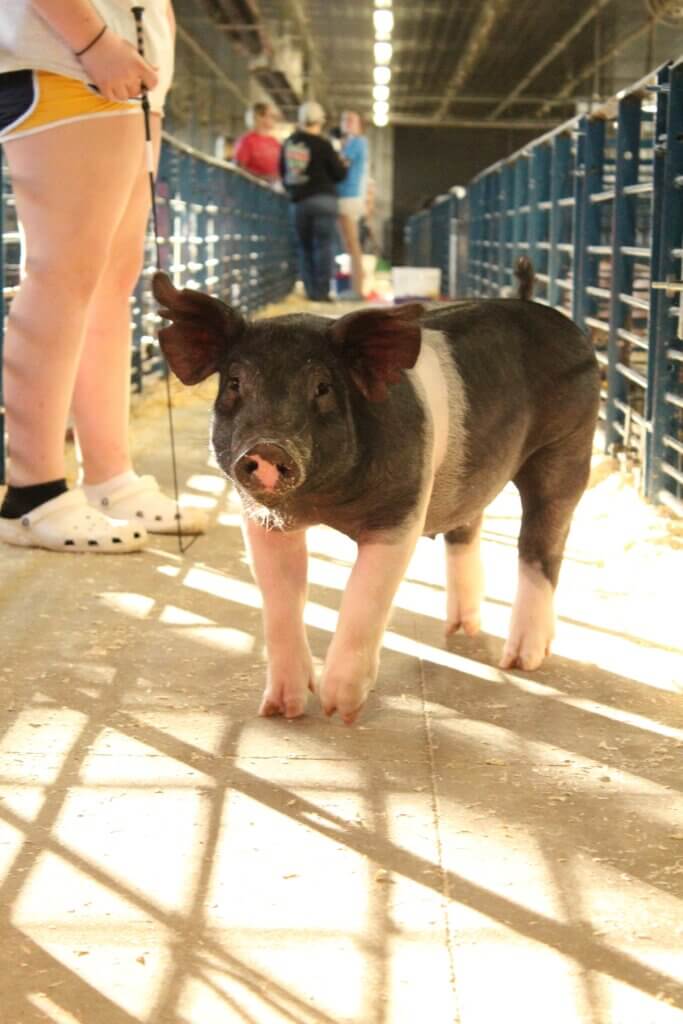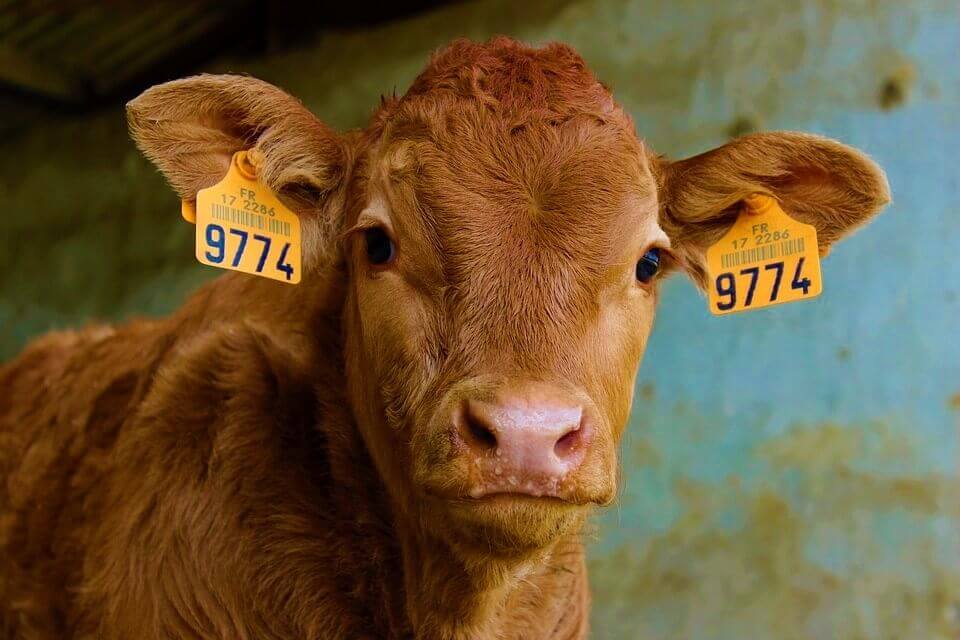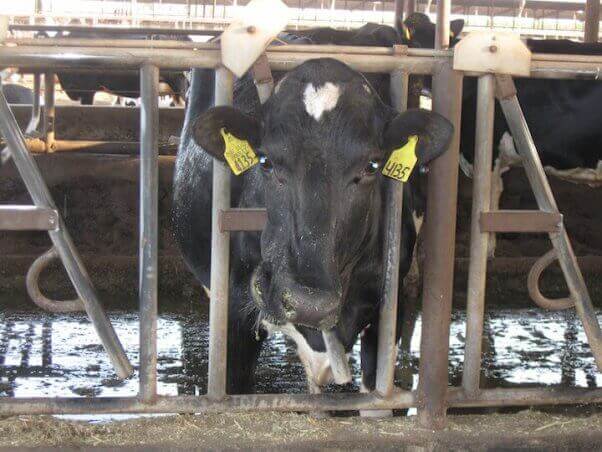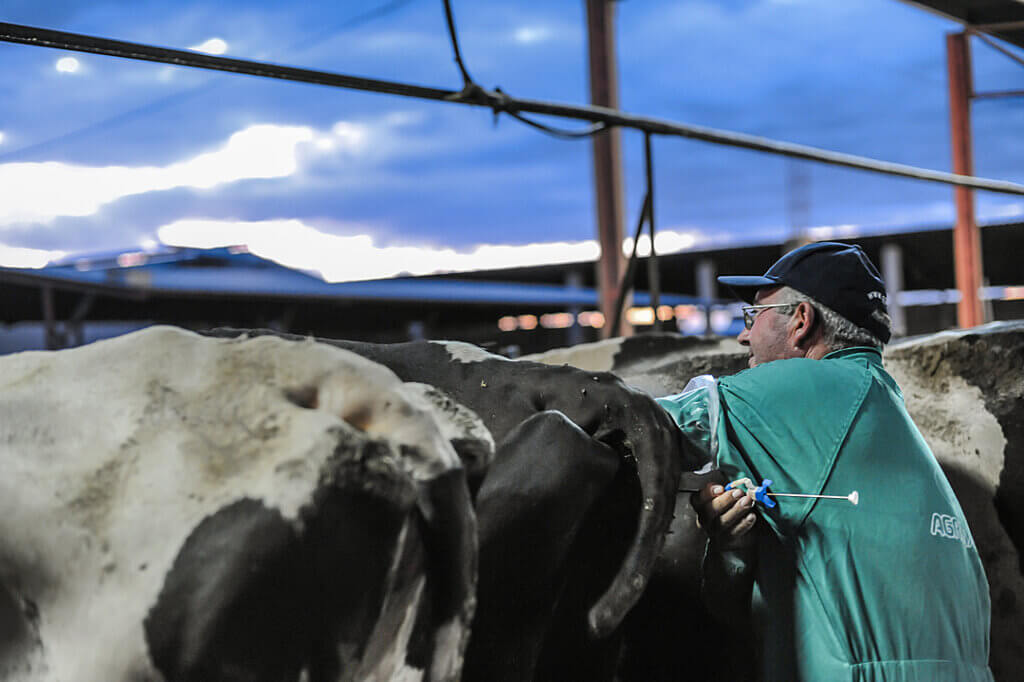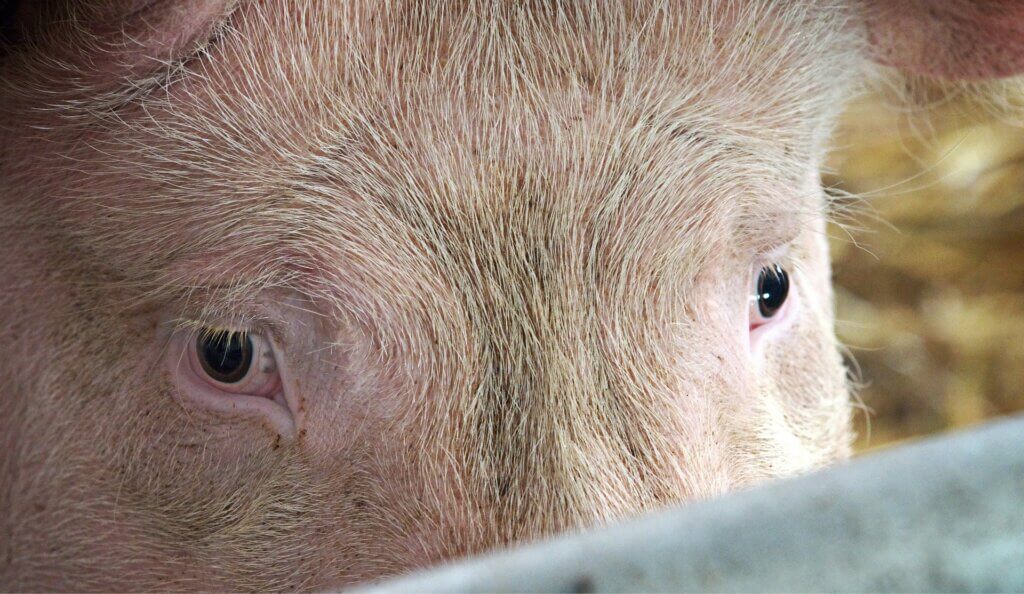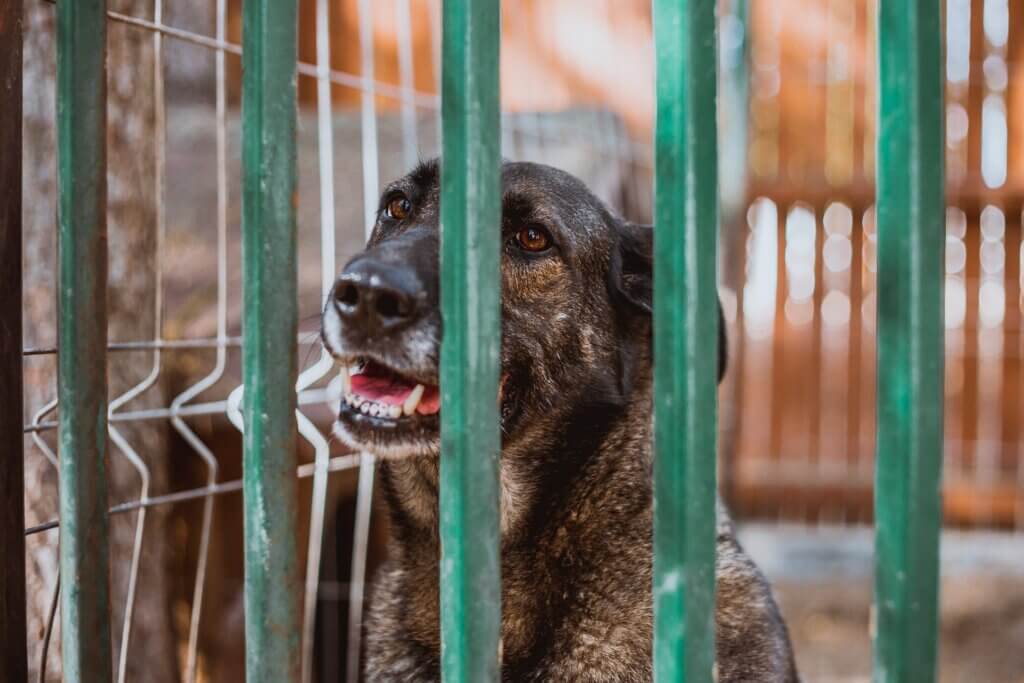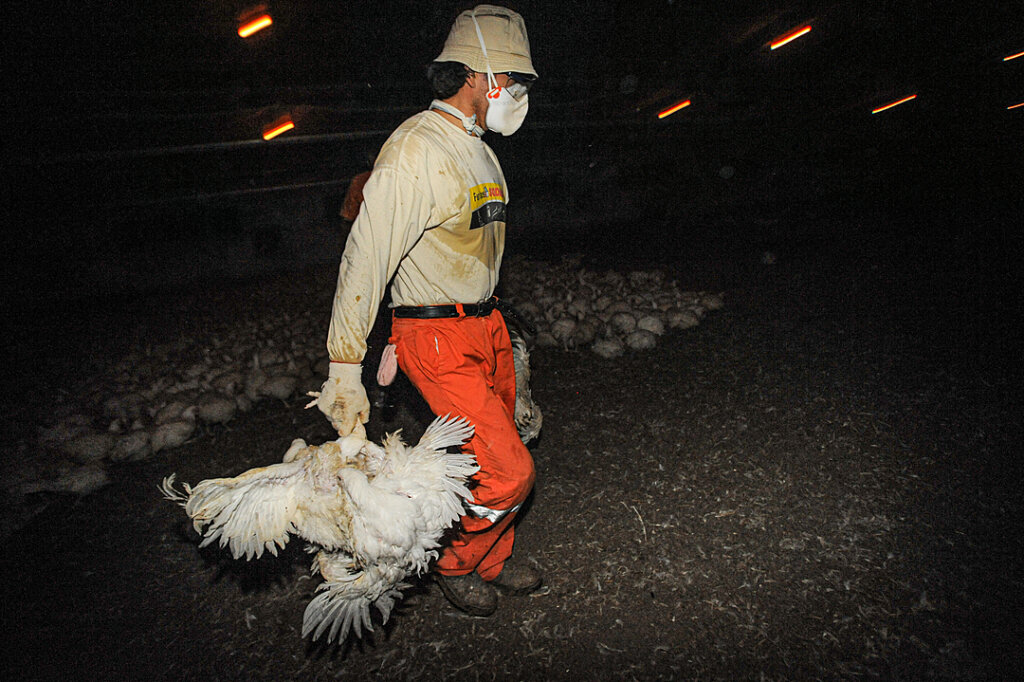FFA is Lame AF
Many students join Future Farmers of America (FFA) because the organization sounds like a bomb club to join if you’re into animals, leadership, and agriculture. But they soon discover that joining FFA means agreeing to a very hypocritical code of ethics. Check ’em out:
1. “Develop my potential for premier leadership, personal growth, and career success.”
FFA tells members to be “responsible for your actions, asking for help when needed, and focusing on doing the best you can.” Yet FFA encourages students to raise and slaughter animals for food. If members are working to develop their personal growth and to do the best they can, they should also hold themselves accountable for the harm that they’re causing when they eat animals or raise animals who will be killed and eaten. Killing animals isn’t the “best” that anyone can do!
2. “Make a positive difference in the lives of others.”
No joke, FFA holds contests in which members try to identify what body part a piece of flesh came from (like some sick murder mystery game). But in slaughterhouses, cows are often hoisted upside down by their hind legs and dismembered while they’re still conscious. The kill rate in a typical slaughterhouse is 400 animals per hour, and “the line is never stopped simply because an animal is alive,” according to one slaughterhouse worker. As long as FFA promotes this cruel cycle, its members can’t make a positive difference in the lives of these animals.
3. “Dress neatly and appropriately for the occasion.”
Get this: FFA has team members who evaluate fleece for fitness, length, and yield. But in Australia, where most of the world’s wool comes from, flocks usually consist of thousands of sheep, making it impossible to give individual attention to their needs, and it’s considered business as usual in the Australian wool industry for as many as 6 million sheep to die each season. it’s also typical for lambs’ tails to be cut off and their ears hole-punched without painkillers. How can your outfit be on point with all that blood on your hands?
4. “Respect the rights of others and their property.”
Members of FFA can participate in “Milk Quality & Products” events in which they demonstrate their knowledge about milk and other dairy foods. But cows—just like human mothers—produce milk only for their babies. Dairy farmers typically tear days-old calves from their frantic mothers—often causing both to bawl inconsolably—just so that the mothers’ milk can be sold to humans.
Sorry, but you can’t respect the rights of others while denying them everything that’s natural and important to them and stealing their babies.
According to reports, a pig being used in an FFA program at Delhi High School in California was allegedly tortured and killed by a local high school student on campus last week. Although the people who reportedly killed the pig weren’t members of the FFA, using animals in school projects leaves them vulnerable to abuse, and programs like this one ultimately teach people the dangerous lesson that animals are nothing more than items that can be bought, sold, and slaughtered.
5. “Be courteous, honest, and fair with others.”
FFA holds “Dairy Cattle Evaluation & Management” events, in which students develop skills in “dairy cattle” selection and herd management. In order to keep milk constantly flowing, cows are artificially inseminated over and over, often on devices called “rape racks.” There is nothing “courteous” or “fair” about forcibly impregnating someone and then dragging her baby away.
6. “Communicate in an appropriate, purposeful, and positive manner.”
Ugh. FFA members who participate in “Poultry Evaluation” study the production, processing, and marketing of chickens, turkeys, processed poultry products, and eggs. What they may not learn is the fact that more than 100 million male chicks are killed every year simply because males are considered useless to the egg industry. Shortly after birth, chicks are separated by sex, and the males are usually either placed in garbage bags to suffocate or ground up alive. In no one’s book should this be considered “appropriate,” “purposeful,” or “positive.”
7. “Demonstrate good sportsmanship by being modest in winning and generous in defeat.”
Many FFA chapters hold fundraising hunts where participants are encouraged to kill as many animals as possible. This violent form of “entertainment” tears families apart and leaves countless animals orphaned or badly injured. Quick kills are rare, and many animals endure prolonged, painful deaths. SMH. How can you demonstrate good sportsmanship when you promote killing? For something to be considered a “sport,” both “teams” must agree to play and have a shot at winning.
8. “Make myself aware of FFA programs and activities and be an active participant.”
Whether it be through its “Dairy Cattle Evaluation & Management” or “Meat Evaluation & Technology” events, FFA promotes using cows, goats, sheep, pigs, chickens, and others for their flesh, and milk. After taking a step back and thinking about the suffering of the billions of animals killed for food every year, no compassionate person should ever want to participate.
9. “Conduct and value a supervised agricultural experience program.”
Students in FFA are expected to participate in “supervised agricultural experiences,” which can include breeding and selling small animals such as cats, dogs, and rabbits. How can a national organization promote the breeding of ANY animal when there is an overpopulation crisis in our country? Each year, more than 6 million animals enter animal shelters in the U.S. Even though some are reunited with their families or adopted, roughly half of them are euthanized, simply because there aren’t enough homes for them. What the pup! GYLT and stop adding to the problem, Future Farmers of America.
10. “Strive to establish and enhance my skills through agricultural education in order to enter a successful career.”
Let’s get real: FFA encourages students to seek employment in animal agriculture, yet the money-hungry farmed-animal industry often exploits poor people and immigrants (many of whom may be undocumented). Workers on factory farms earn low wages, and union organizing is known to be difficult. Slaughterhouse work, in particular, is filthy and extremely dangerous—worker injuries are super-common, and dying on the job is a possibility.
11. “Appreciate and promote diversity in our organization.”
FFA encourages people to view animals as products and consume animal flesh, milk, and eggs. That’s no way to promote diversity. A new study by an international team of researchers found that a person’s thoughts about equality among humans could be linked to whether or not he or she eats animals. The study shows that people who justify eating animals by claiming that it’s “natural,” “normal,” “necessary,” or “nice”—even though it is none of these things—are, in general, more accepting of social inequality (including everything from racism to homophobia).
*****
Are you an FFA or 4-H member with a “beef” with the organization? Quit! Go vegan, and start making a REAL positive difference in the lives of others. ❤️
If you live near a participating animal sanctuary, you might be able to take part in the Leaders for Ethics, Animals, and the Planet (LEAP) program, which is a compassionate alternative to 4-H or FFA programs that harm animals. You’d have many of the same opportunities that other agriculture programs offer—working with other students from around the region, participating in local events, learning from experts and mentors, receiving financial compensation for your work, and, of course, spending time with the animals—without being encouraged to disconnect from your empathy for other sentient beings and forced to allow the animal you’ve cared for and bonded with to be killed for food. Don’t believe anyone who tells you that burying your compassion for animals deep inside yourself will make you strong. They’re wrong. Being strong means having empathy for animals, even when others tell you it’s a weakness. (If you’re not near an existing LEAP program, talk to your school about starting one!)
Text peta2 to 30933 for ways to help animals, tips on compassionate living, and more!

Terms for automated texts/calls from peta2: http://peta.vg/txt. Text STOP to end, HELP for more info. Msg/data rates may apply. U.S. only.

